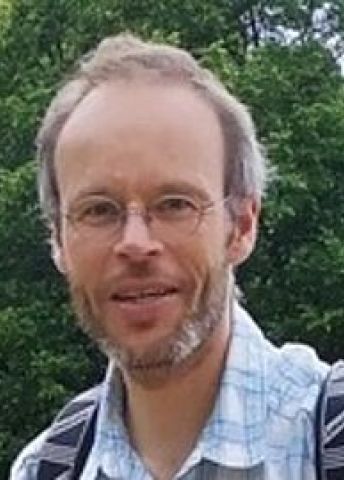
Program for mathematics 2023
Visting Professor
Professor Benjamin Klopsch
Heinrich Heine University of Duesseldorf, Germany
Nominated by:
Centre for Mathematical Sciences at Lund University
Visting Professor
Professor Benjamin Klopsch
Heinrich Heine University of Duesseldorf, Germany
Nominated by:
Centre for Mathematical Sciences at Lund University
Infinite spaces with fractional dimensions
Benjamin Klopsch is a professor at the Heinrich Heine University of Duesseldorf, Germany. Thanks to a grant from the Knut and Alice Wallenberg Foundation, he will be a visiting professor at the Centre for Mathematical Sciences at Lund University.
The overarching subject for the project is group theory. A group is a collection of symmetries, such as all the rotations of a cube around one of its axes. In addition to mathematics, group theory has applications in other sciences where, for example, groups describe the symmetries that all the fundamental natural laws of physics appear to follow. In computer science, group theory plays an important role in encryption, as well as for research in robotics, computer graphics and medical image analysis.
The research project will look at specific infinite groups and their special dimensions, called Hausdorff dimensions. These expand the familiar concept of integer dimension where a line has dimension one, for example, and the space is three-dimensional, into dimensions that are not integers. In the 1960s, these generalised dimensions played an important role in explaining the coastline paradox: the more accurate the measuring instrument, the longer the coastline. In Hausdorff dimension, the coastline’s dimension could be between one and two. In other words, a coastline takes up more space than a line, but has no area. The coastline is an example of a special form called a fractal.
Originally, Hausdorff dimension was only applied to fractals, but in the 1990s it was successfully applied to some types of infinite groups called profinite groups. Studies of Hausdorff dimensions of profinite groups have proven very fruitful, with many applications within and outside group theory. The purpose of the project is to explore aspects of problems in this area.